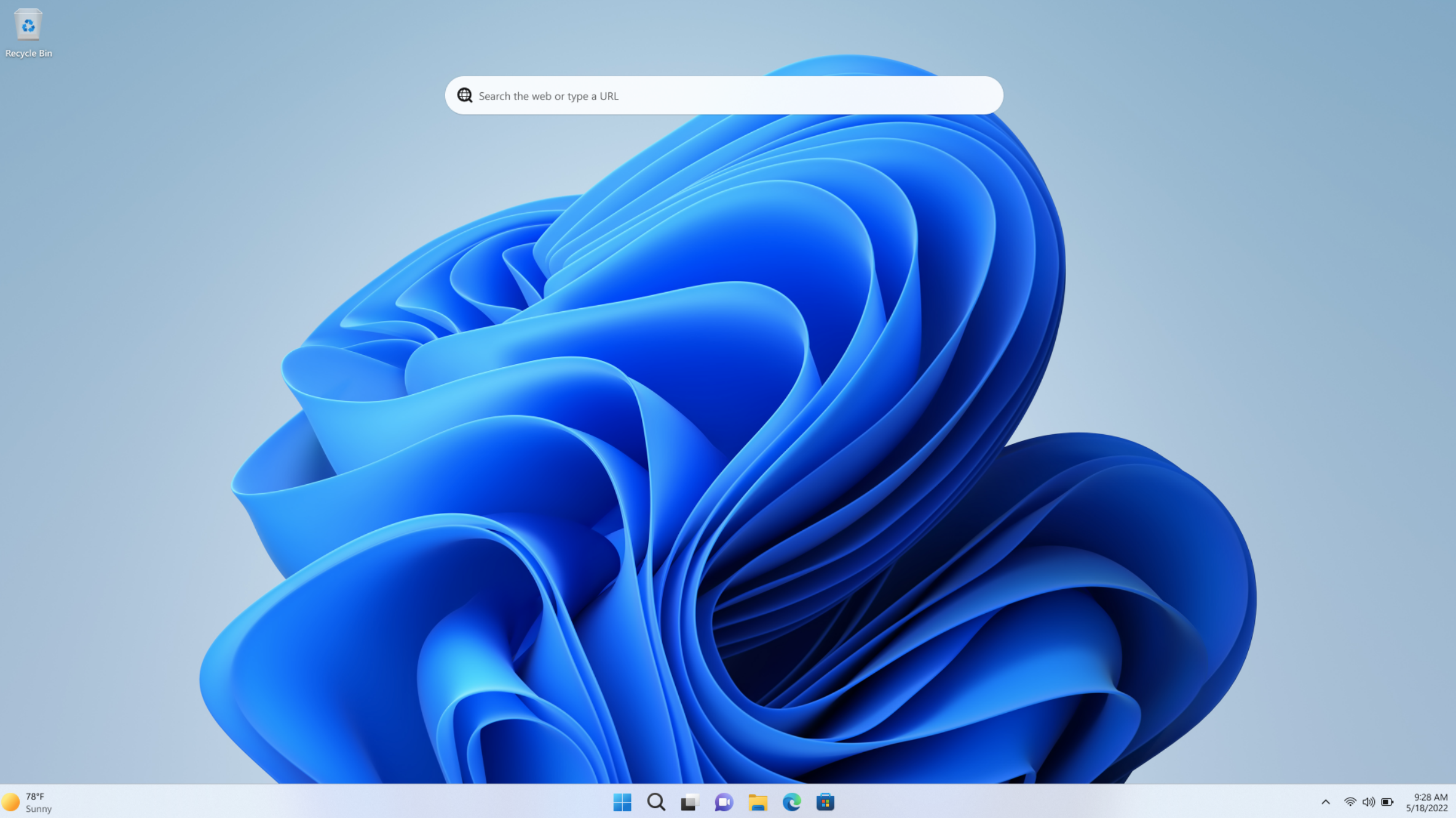
 Image: dennizn/Shutterstock.com
Image: dennizn/Shutterstock.com
The other day, we reported that Microsoft has made good on its promise to speed up Windows 11 apps that have been suffering from performance issues. That fix is currently in testing and should roll out soon.
But in another positive move, Microsoft is showing that they’re paying attention to performance on a broader scale — in this case, we’re about to see performance improvements to the Microsoft Store.
According to the company’s dev blog, Microsoft is introducing a new path for app developers to migrate their UWP apps to .NET 9 and Native AOT (which stands for Ahead-of-Time compilation).
Get Windows 11 Pro for cheap
Windows 11 Pro
 Price When Reviewed:199.99Best Prices Today:$59 at PCWorld Store – Win 11 Pro Upgrade Only | $79.99 at PCWorld Software Store
Price When Reviewed:199.99Best Prices Today:$59 at PCWorld Store – Win 11 Pro Upgrade Only | $79.99 at PCWorld Software Store
This is great news as app developers can now modernize their UWP apps in two phases rather than with one monolithic change. This particular path makes it possible to get apps working on .NET 9 and Native AOT, which should make it easier to later switch to WinUI 3.
According to the post, apps on .NET 9 and Native AOT have better performance than UWP apps on .NET Native, and Native AOT is actively being improved over time. As such, this is a change that should be pursued by most UWP app developers at some point.
Interestingly, the dev blog post also mentions in a side note that the Microsoft Store is going through this exact migration. The Microsoft Store is currently being switched over to .NET 9 and we can expect to see a new version of the app running on Native AOT “in the near future.”
Of course, when that happens, it will most likely roll out to Windows Insiders first before reaching the general public.
Further reading: Should you become a Windows Insider? The pros, cons, and what you need to know
This article originally appeared on our sister publication PC för Alla and was translated and localized from Swedish.


